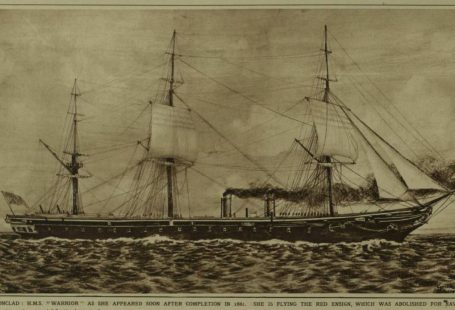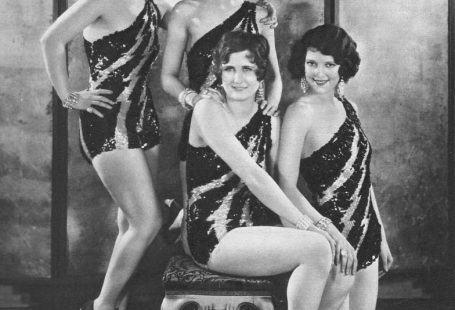This week we’ve added two campaigning publications to the collection – the Anti Slavery Advocate and the Nation. The former was concerned with sharing the arguments of the American abolitionist movement while the later fought for Irish independence. From a modern viewpoint it is easy to assume that both papers were niche publications, aimed at a very narrow market and not commercially viable – historic oddities in other words. While this may be somewhat true of the Anti-Slavery Advocate started, as it was, with a single aim in mind, the Nation at one point, was the highest selling newspaper in Ireland. The views it put forward might have been contrary to the view of the Establishment but they were shared, at least in part, by an increasing portion of the newspaper buying public.

The Nation was not in the habit of pulling any punches, as you can see in this example from 1851.

Such bluntness was to be expected. The paper was run was those who wanted Ireland to be a republic. At one point in 1848 the editor Charles Gavan Duffy was arrested for his part in the failed Young Ireland revolution of that summer. Jane Francis Elgee, who, a few years later, would become Lady Wilde, Oscar’s mother, stepped in and edited the paper from July. At the moment the editions she worked on aren’t on the site but should be fairly soon.
Reflecting a different stand of Irish nationalism is the Flag of Ireland known more usually as United Ireland. Started by Irish politician, Charles Stuart Parnell in 1881 the paper promised from the first to be “a national monster meeting which cannot be dispersed by buckshot”.
United Ireland 1st issue August 13 1881© THE BRITISH LIBRARY BOARD. ALL RIGHTS RESERVED
But revolutionary political views were not limited to the American abolition movement or the Irish nationalists. In the 1830s it was the Chartists who were shaping a new type of press. They wanted to produce newspapers for working men that would reflect their interests and their concerns. One of the earliest Chartist newspapers was the Working Men’s Guardian, started by founding member of the London Working Men’s Society Henry Hetherington. The paper refused to pay the stamp duty that kept the price of newspapers artificially high so that it could remain affordable for its target audience. Unfortunately this also mean that Hetherington was breaking the law and he was repeatedly charged and sent to gaol.

The best known of the Chartist papers was the Northern Star. Started by former Irish MP Feargus O’Connor in Yorkshire it campaigned tirelessly for an extension of the Factories Acts and against the controversial 1834 Poor Law Amendment Act. It was also by far the most successful Chartist publication. While the Star did not ignore stamp duty, pushing the price up to four and a half pence, it had a circulation of 48,000 at its peak in 1839.

The Northern Star gave its readers a blend of international stories about wars and revolutions together with more local stories that also served to inform workers of their rights. They covered stories that many other papers ignored, inquests of those who had died destitute, trials of those who had stolen food.


There were many other chartist titles, although few as popular or long lived as the Northern Star. You’ll find many of them in our collection along with other examples of radical or campaigning papers. This is just a taste of the titles that existed in the 19th Century. More exhaustive accounts have been published elsewhere but why not see what you can discover in the collection yourself?





